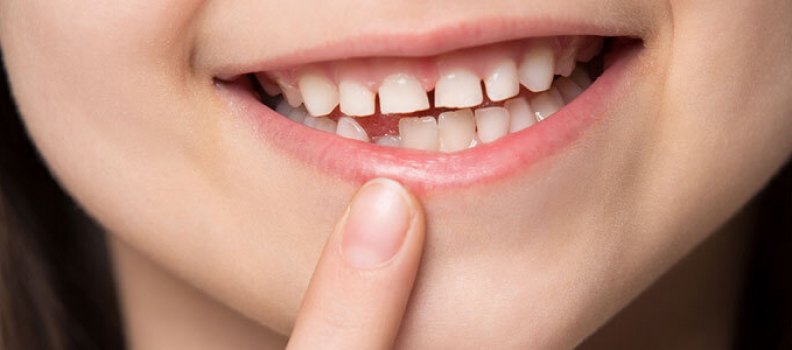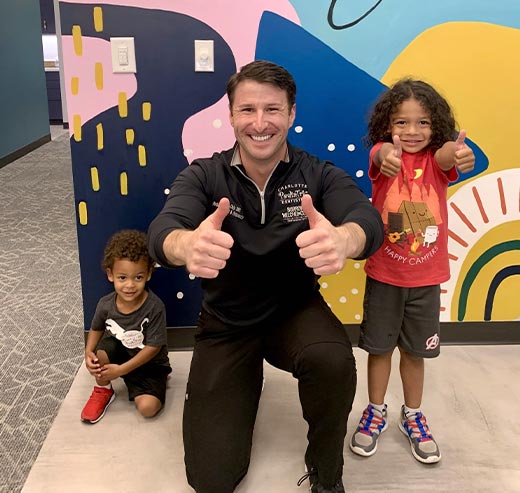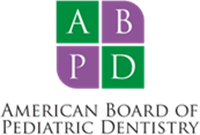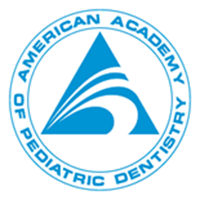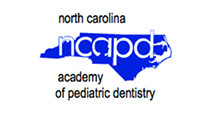As your children grow, so do their teeth. From teething babies to teenagers with braces, their teeth grow through a lot. Charlotte Pediatric Dentistry explains the process of tooth development in babies through permanent teeth.
Teething in Children
Typically babies begin teeth at four to six months old. Teething is genetic and often depends on when the parents teethed as babies. Babies tend to cut their lower front teeth first. Signs of teething include excessive drooling, a mouth rash from drooling, a low-grade fever, chewing on hands and other objects, and fussiness.
Losing Baby Teeth
By age three, children have all of their teeth. Children then start losing their teeth around age six. According to Mayo Clinic, children’s teeth typically fall out in the order they came in. The lower front teeth first and eventually their molars.
Adult Teeth
While it is possible for children to lose their teeth before the adult tooth underneath starts to erupt, teeth typically start to loosen because of the adult teeth erupting below. As children lose their baby teeth, their adult teeth grow in but do not cause as much pain and discomfort as when they first cut teeth as a baby.
Is Fluoride Good for My Children?
Fluoride is crucial to the development of teeth in infants and the prevention of tooth decay in children and adults. In fact, fluoride has been shown to reduce tooth decay by over 50 percent. Fluoride can be delivered systematically through community water fluoridation, as well as applied topically in toothpastes and mouthwashes. Pediatric dentists can prescribe fluoride supplements for children who do not have access to enough fluoride in their environment.
Caring for Your Child’s Developing Teeth
As your child’s teeth grow and develop, keep these pillars of dental hygiene in mind:
- Begin flossing when your child has two teeth next to each other.
- Brush for two minutes twice daily.
- Use a fluoridated toothpaste.
- Make regular appointments with your Charlotte pediatric dentist.
If you’re wondering when your child’s primary teeth, or baby teeth, are going to start falling out, then Charlotte Pediatric Dentistry can help provide answers.
It’s important to remember that every child is different. Just like every baby learns to walk on their own time, permanent teeth eruption happens at different times for different children. However, there is a general time period that permanent teeth develop and come in for children.
When Do Kids Start to Lose Baby Teeth?
According to the doctors at Charlotte Pediatric Dentistry, children’s baby teeth will start to loosen and come out around age six. Your child will continue losing their primary teeth until age 12. Typically, when primary teeth come out, they are followed closely with a permanent tooth. However, it can take up to six months for a permanent tooth to erupt.
Permanent Tooth Eruption Timeline
Charlotte Pediatric Dentistry has put together a general guide to inform parents which permanent teeth tend to erupt first and at what age to expect them:
When Do Upper Teeth Erupt?
- Central incisor - 7 to 8 years old
- Lateral incisor - 8 to 9 years old
- Canine - 11 to 12 years old
- First and second premolars - 10 to 12 years old
- First molar - 6 to 7 years old
- Second molar - 12 to 13 years old
- Third molar (wisdom teeth) - 17 to 21 years old
When Do Lower Teeth Erupt?
- Central incisor - 6 to 7 years old
- Lateral incisor - 7 to 8 years old
- Canine - 9 to 10 years old
- First and second premolars - 10 to 12 years old
- First molar - 6 to 7 years old
- Second molar - 11 to 13 years old
- Third molar (wisdom teeth) - 17 to 21 years old
If you have questions or concerns about the development of your child’s permanent teeth, contact Charlotte Pediatric Dentistry. Our doctors can assess your child’s smile to help put your mind at ease.
